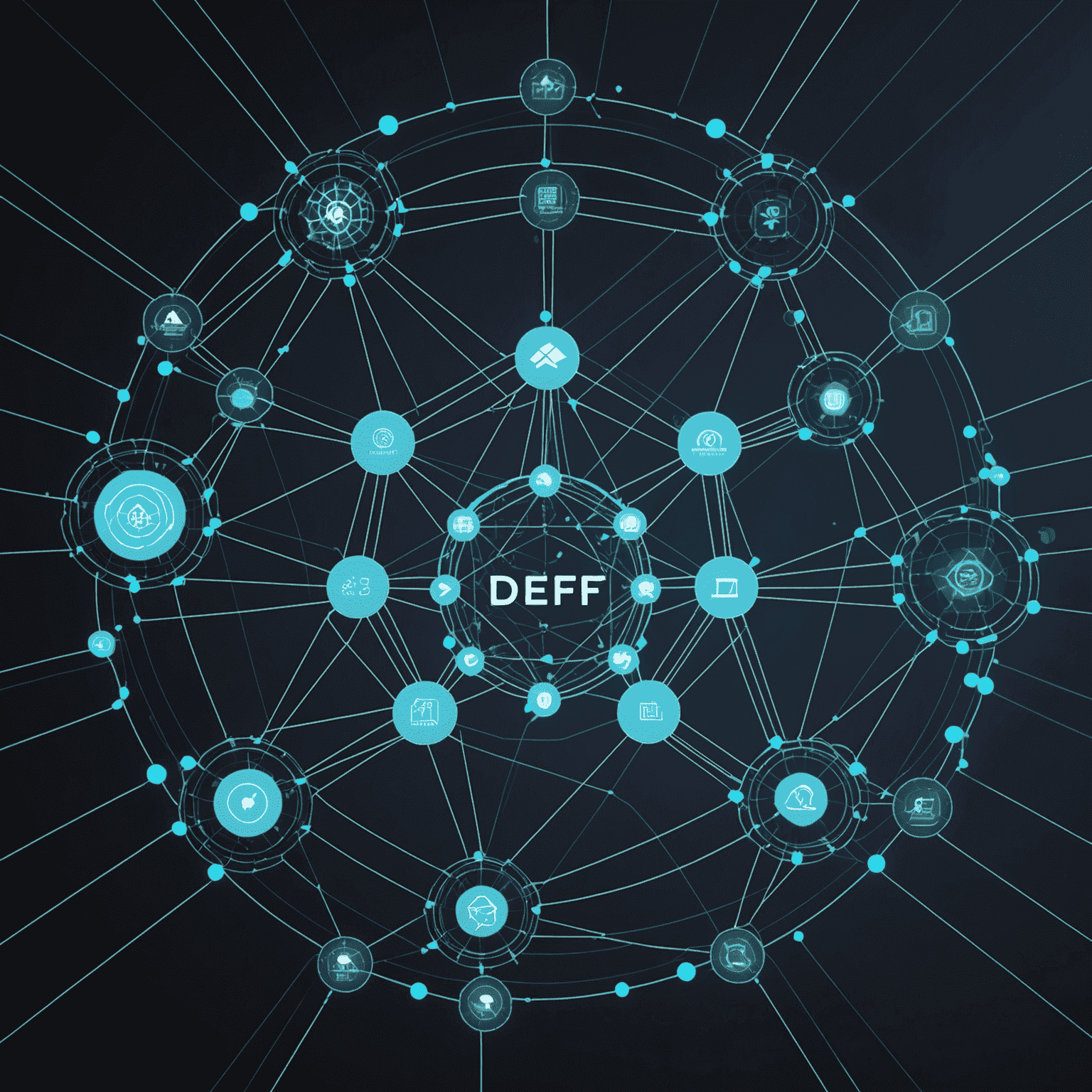Layer3 Impact on DeFi: Revolutionizing the Decentralized Finance Landscape

The emergence of Layer3 technology is set to transform the decentralized finance (DeFi) sector, offering unprecedented improvements in transaction speeds and significant cost reductions. This article explores the far-reaching implications of Layer3 on the DeFi landscape.
Understanding Layer3 in the Context of DeFi
Layer3 represents the next evolution in blockchain architecture, building upon the foundations laid by Layer1 (base blockchains) and Layer2 (scaling solutions). In the realm of DeFi, Layer3 introduces a new paradigm of efficiency and user experience.
Key Advantages of Layer3 for DeFi:
- Enhanced Scalability: Layer3 solutions dramatically increase the number of transactions that can be processed simultaneously, addressing one of DeFi's most pressing challenges.
- Reduced Transaction Costs: By optimizing data processing and validation, Layer3 significantly lowers the gas fees associated with DeFi operations.
- Improved Cross-chain Interoperability: Layer3 facilitates seamless interaction between different blockchain networks, opening up new possibilities for cross-chain DeFi applications.
- Enhanced User Experience: With faster transaction speeds and lower costs, Layer3 makes DeFi more accessible and user-friendly for a broader audience.
Real-world Impact on DeFi Protocols
The integration of Layer3 technology is already showing promising results across various DeFi protocols:
Decentralized Exchanges (DEXs)
Layer3-enhanced DEXs are experiencing a surge in trading volumes due to near-instantaneous trade executions and minimal slippage, rivaling the performance of centralized exchanges.
Lending and Borrowing Platforms
The reduced transaction costs and increased speed allow for more efficient liquidations and collateral management, leading to improved capital efficiency in lending protocols.
Yield Farming
Layer3 enables more frequent compounding and rebalancing of yield farming strategies, potentially increasing returns for participants while reducing associated uncertaintys.
Synthetic Assets
The creation and trading of synthetic assets become more viable with Layer3, as the reduced costs allow for more granular and diverse financial instruments.
Challenges and Considerations
While Layer3 presents exciting opportunities for DeFi, there are important considerations to keep in mind:
- Security: As with any new technology, ensuring robust security measures is paramount to protect users' assets and data.
- Adoption Curve: The integration of Layer3 solutions may require updates to existing DeFi protocols, which could take time and resources.
- Regulatory Landscape: The increased efficiency of DeFi operations may attract more regulatory scrutiny, necessitating proactive engagement with policymakers.
The Future of DeFi with Layer3
As Layer3 technology continues to mature, we can expect to see a new wave of innovation in the DeFi space. The combination of increased scalability, reduced costs, and improved user experience is likely to attract a wider audience to decentralized finance, potentially accelerating the adoption of Web3 technologies.
DeFi developers are already exploring novel applications that leverage Layer3's capabilities, from high-frequency on-chain trading to more complex financial instruments that were previously impractical due to technical limitations.
Key Takeaway
Layer3 technology is set to be a game-changer for DeFi, addressing critical challenges and opening up new possibilities. As the ecosystem evolves, staying informed about these developments will be crucial for anyone involved in the decentralized finance space.

As we continue to witness the transformative impact of Layer3 on DeFi, it's clear that we're entering a new era of decentralized finance – one that's faster, more efficient, and more accessible than ever before.
